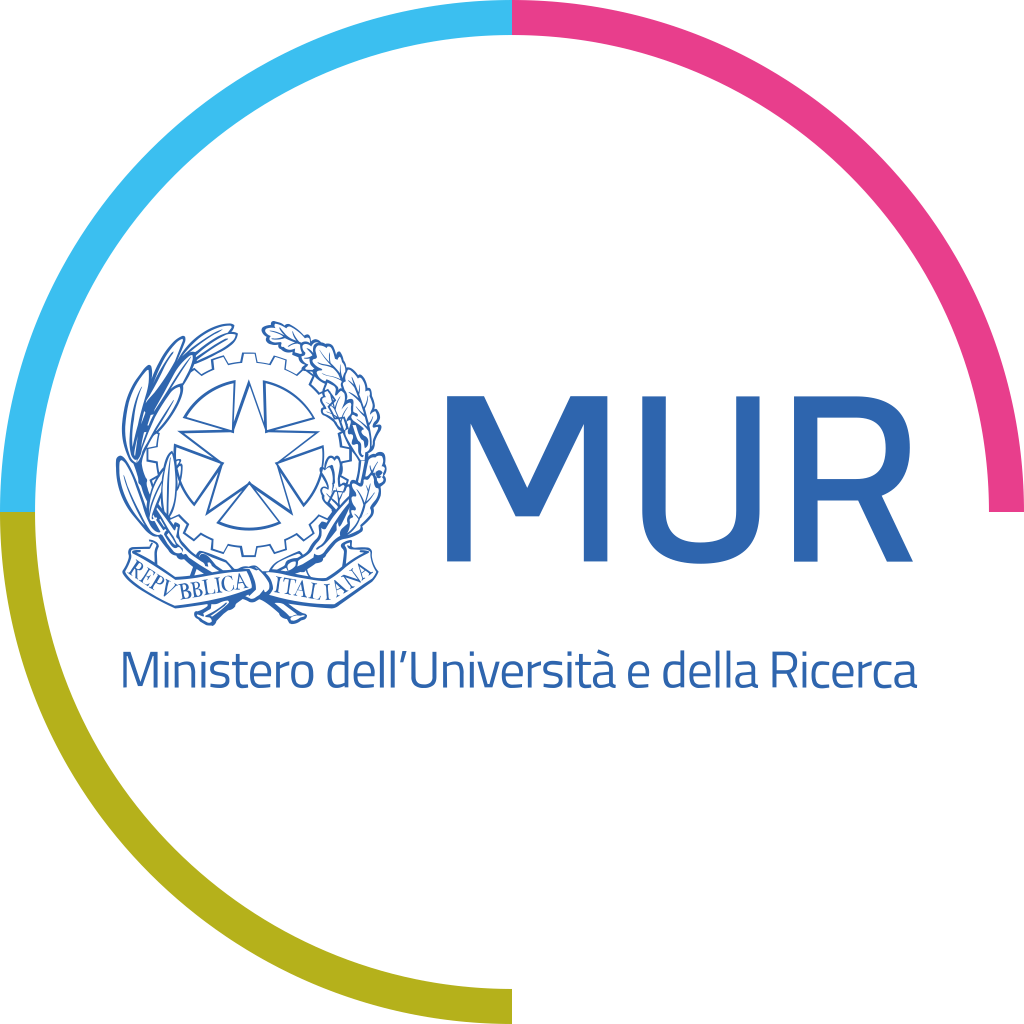Dr. Marco Cecchini (MC) – Research Director @ CNR-Nanoscience Institute – PI of the project
MC is a physicist, expert in nanoscience and nanotechnology. His main research activities range from the development of nanomaterials for brain pathologies and nerve regeneration to biosensors and lab-on-a-chip devices. His lab (http://www.web.nano.cnr.it/neurosens) is composed by researchers and students with very different backgrounds. He is active in the field of nanomedicine applied to lysosomal storage disorders. In this field he recently published a solid nanoparticle system (based on PLGA) for galactosyl ceramidase (GALC) brain delivery in the murine model of Krabbe disease (Science Advances Vol. 5, no. 11, eaax7462, DOI: 10.1126/sciadv.aax7462). Moreover, still in this field, he already coordinated two European projects by the European Leukodystrophy Association Foundation to develop a nanoparticle driven enzyme replacement therapy for Krabbe Disease. He was PI or coordinator of research unit of many national and international projects, and he is author of more than 150 scientific publications and 6 patents. On one of these patents, in 2020 he founded a spin-off company (INTA srl, www.intasystems.net) for producing nanostructured biosensors for point-of-care applications. MC will coordinate the project; his lab will take care of nanovector production and up-scaling, and actively participate to the animal studies.
Dr. Laura Baroncelli (LB) – Research Director @ CNR-Neuroscience Institute.
LB is a Research director at the Neuroscience Institute of Italian National Research Council (CNR, Pisa). The Neuroscience Institute will provide strong support and assistance to this research program, mainly by providing access to shared facilities, including confocal microscopes, optical imaging and EEG rigs, behavioral facilities, surgery room, vertebrate animal house, and space for people enrolled in the project. LB is a Biologist with a broad background in Neuroscience, and a specific training and expertise in brain physiology, pathological mechanisms, biomarkers and potential therapeutic strategies for neurological disorders. Over the past 10 years, she has been successful in leading multidisciplinary projects, producing innovative data and high-impact publications. Her current research is focused on neurodevelopmental disorders, including Creatine Transporter Deficiency (CTD), Angelman syndrome and autistic spectrum disorders. Her team investigates at the preclinical level the beneficial effects of potential therapeutic strategies (such as gene therapy) as well as the causative mechanisms underlying these disorders with the aim to unravel novel druggable target. As a PI of Fondazione Roma, Italian Ministry of Health, Lejeune Foundation and Telethon funded grants, LB already administered different research projects, gaining experience in research plan design, staffing, supervision of undergraduate and graduate research students, research protections, budget, communication, and successfully collaborated with other researchers. Of particular relevance, she recently collaborated with LUMOS Pharma, a clinical-stage biopharmaceutical company whose mission is to develop new therapies for people with rare diseases. The objective of this collaboration was to assess the potential neurobehavioral benefit of administration of cyclocreatine to male mice lacking whole body creatine transporter, a model of CTD. Results showed that the window between the “No Observed Adverse Effect Level” (NOAEL) and the “minimum efficacious dose” (MED) was narrower than the safety margins established by FDA and the development of this drug has been discontinued, but this project was instrumental to significantly advance the expertise of LB team in efficacy and toxicology studies.
Dr. Luca Menichetti (LM) – Senior researcher @ CNR-Institute of Clinical Physiology.
LM is the Coordinator for the Multi-Modal Molecular Imaging (MMMI) Italian Node, a multi-sited Node focused on biomedical imaging in Pisa (https://www.eurobioimaging.eu/about-us/about-eubi). From 2014 to present, LM is contract Professor at the “Master of Drug Design and Synthesis (MDDS)”, Department of Pharmacy, University of Siena (IT); from 2016, LM is Contract Professor at Materials and Nanotechnology, teaching Solid State Physiochemical Methods, Department of Engineering, University of Pisa (IT). LM leads a Research Group with expertise in molecular imaging, MRI and nanotherapeutics: he initiated a research program on innovative molecular imaging and nanomedicine approaches and was coordinating two European H2020-funded projects 1) H2020-ITN-ETN MgSafe “Promoting patient safety by a novel combination of imaging technologies for biodegradable magnesium implants – MgSafe” 2) H2020 FETOPEN-EDIT “Novel precision technological platforms to promote non invasive early diagnosis, eradication and prevention of cancer relapse: proof of concept in the bladder carcinoma”. Also, LM has been the Unit Responsible for the following project, focusing on nanomedicine and industrial translation of new nanostructured multifunctional material for therapy and drug delivery: 1) Tuscany Region, Health Call, Bando Salute 2018, Regione Toscana “THERMINATOR” – 2) Tuscany Region – Call POR FESR 2014/2020, Project “INSIDE”, “Development of diagnostic and theranostic targeting based on nano-systems and/or lymphocytes engineered for the early detection and treatment of melanoma and multiple sclerosis ”, 3) Tuscany Region POR CReO FESR2007-2013, Project “SYNERGY”, Multidisciplinary industrial development of innovative nanostructured materials “. In the last eight years, the know-how in tracer chemistry has been extended to Magnetic Resonance Imaging and Spectroscopy exploiting and the development of novel multimodality based on nanostructured multifunctional materials. LM and his team will be in charge of all the imaging biodistribution studies.


